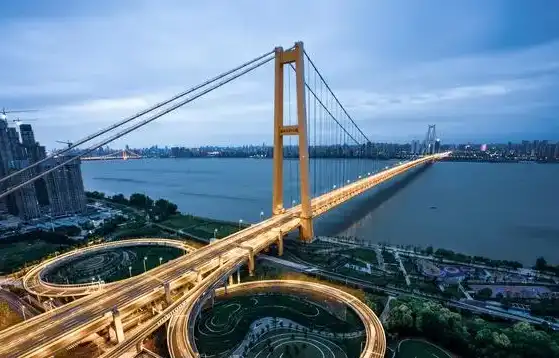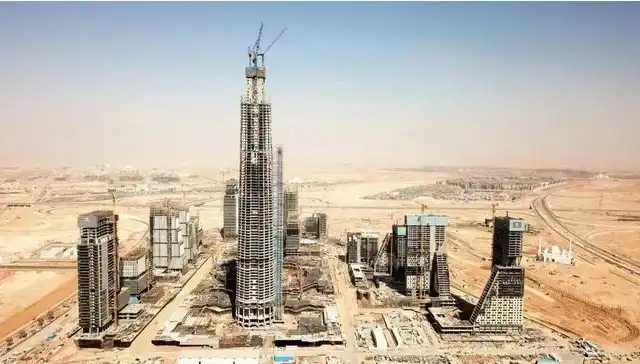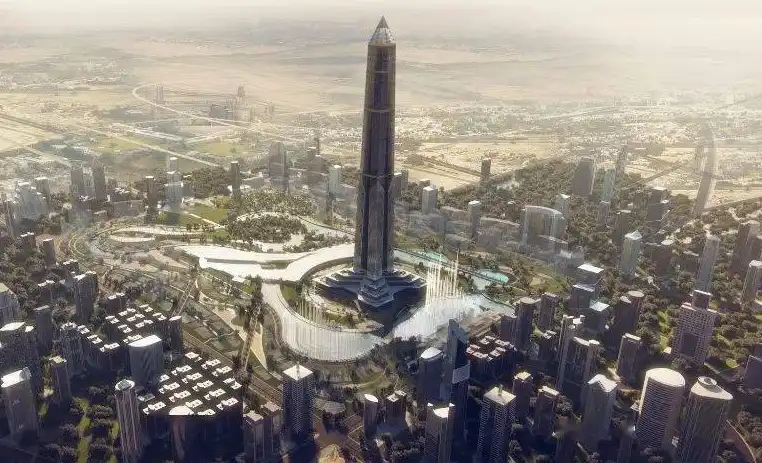cig Yangtze:Conquering Egypt with strength and credibility and winning a huge order of 400 billion yuan
As a major infrastructure power in today's world, China has won wide acclaim from the international community with its excellent engineering technology and efficient construction capabilities. From the winding Great Wall to the majestic Three Gorges Dam, from the subway networks running underground in cities to the bridges spanning mountains and rivers, all demonstrate the exquisite craftsmanship and strong strength of China's infrastructure. It is precisely because of this strength and reputation that in recent years, more and more countries have turned their attention to China, seeking cooperation and win-win results in the field of infrastructure.

Against this international backdrop, a colossal contract worth $400 billion, like a brilliant star, fell from East Africa's distant horizon upon China. The country that tossed out this star was none other than the ancient civilization, Egypt. Egypt, this country of deserts, in the face of dual pressures from a rising population and a shortage of land, decided to exploit new space for development and build a completely new capital city. As we all know, building a modern metropolis in a vast desert is incredibly difficult. Therefore, the Egyptian government made the decision to put out a global bid to find the most suitable partner.
The news immediately created an international stir. Developed countries such as the United States and Japan expressed their willingness to cooperate. To the surprise of the United States and Japan, Egypt directly rejected their goodwill, but instead chose to cooperate with China. This decision not only shocked the United States and Japan, but also gave the international community a deeper understanding of China's infrastructure capabilities.

Egypt's choice of China as its infrastructure partner was not a mere whim, but rather a deliberate and well-considered decision. Not only is China's construction industry technologically advanced and experienced, but China also adheres to the principles of equality, mutual benefit, and common development, willingly sharing technology and experience with its partners to achieve mutual benefit. This approach is undoubtedly highly appealing to countries seeking to upgrade their own infrastructure capabilities.
The Chinese government attaches great importance to this profound trust and expectation. It swiftly organized a capable team of experts and a construction crew to rush to Egypt to engage in the construction of the new capital. They overcame various difficulties presented by the desert environment and, with amazing speed and efficiency, advanced the progress of the project. At the same time, Chinese experts also actively engaged in exchanges and sharing with their Egyptian counterparts and imparted advanced infrastructure technologies and management experience, truly achieving the goal of "teaching people how to fish".

Under the joint efforts of Chinese and Egyptian construction teams, the new capital of Egypt is rapidly taking shape, and a new modern city is expected to rise in the desert in the near future, becoming a new landmark in Egypt and even Africa. This is a vivid demonstration of China's infrastructure prowess and a crystallization of the friendship and cooperation between China and Egypt.
As the Belt and Road Initiative advances, China's infrastructure teams, like the camel caravans on the ancient Silk Road, have brought advanced technology and efficient construction capabilities to every corner of the world.
